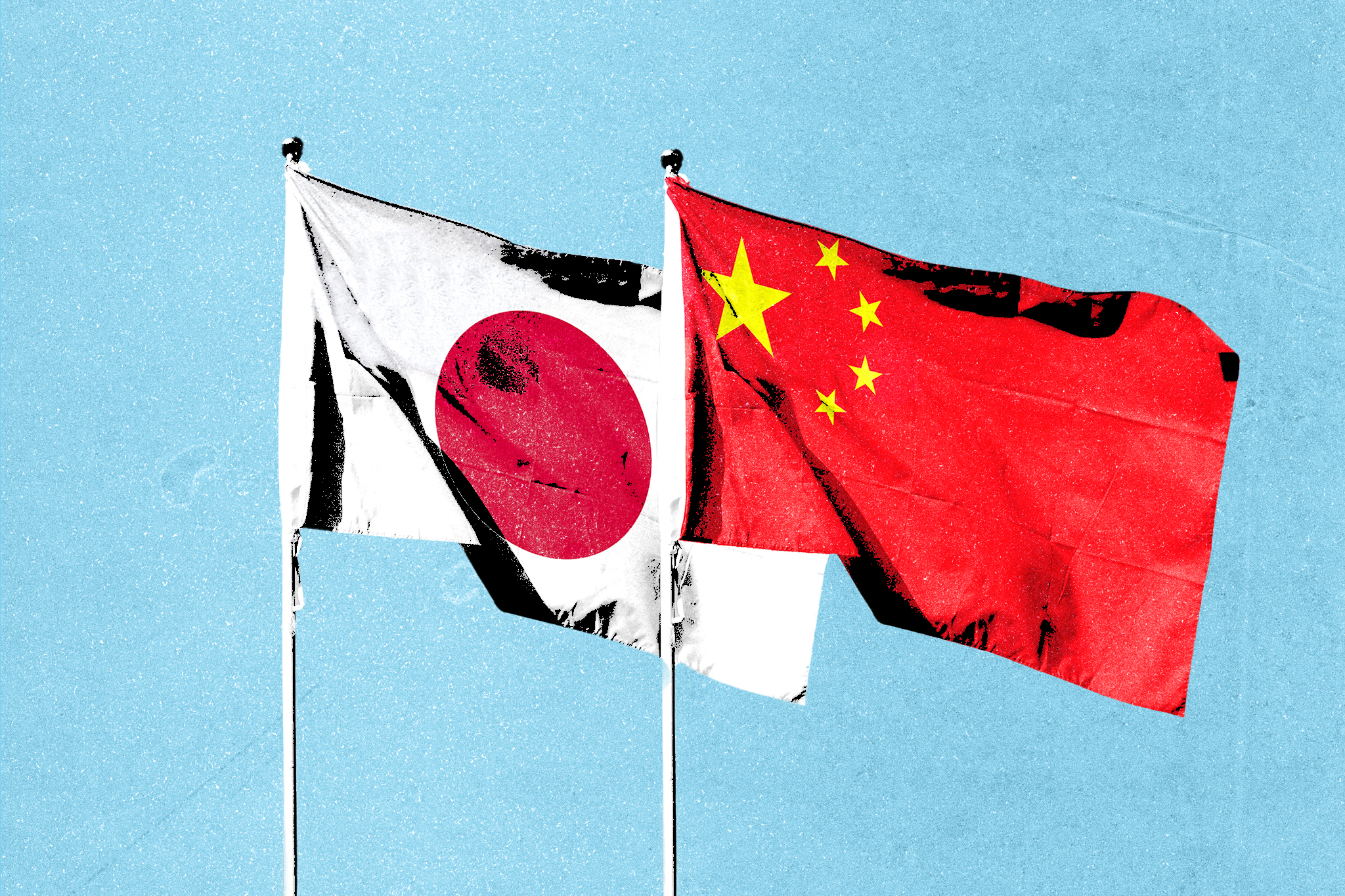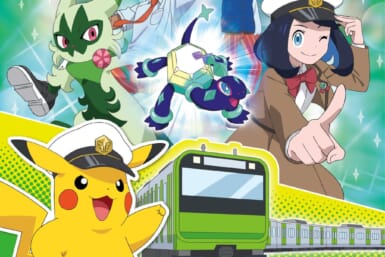In this week’s news roundup we report on the fallout from the release of Fukushima’s wastewater into the sea as anti-Japan sentiment rises in China. For the first time in more than 60 years, employees at a major department store in Japan go on strike. There’s the latest on the Johnny & Associates abuse scandal as a panel investigating the case urge President Julie Keiko Fujishima to step down and a draft introduced by a government subcommittee proposes an amendment to the country’s single custody system. In sport, Japan are knocked out of the FIBA Basketball World Cup, but edge closer to next year’s Paris Olympics. And Haruka Kitaguchi wins gold in the women’s javelin at the World Athletics Championships.
Japanese Companies Inundated with Nuisance Calls From China
It’s been more than a week since Japan started releasing treated radioactive water from the Fukushima Daiichi Nuclear Power Plant into the sea and the fallout continues. According to officials here, several local businesses and organizations in Japan had to deal with abusive phone calls from numbers with Chinese dialing codes soon after the water was discharged. Some places received so many calls, they found it difficult to operate. In a press conference on Monday, Tokyo Electric Power Company (TEPCO) said it had received more than 6,000 nuisance calls from Thursday through to Sunday.
On the Ministry of Foreign Affairs homepage, Japanese citizens visiting or living in China were advised to take extra precaution by keeping a low profile and not speaking loudly in their own language. On Tuesday, Japan’s Foreign Minister Yoshimasa Hayashi confirmed that an individual threw parts of a brick at the Japanese embassy in Beijing. Japanese schools in Qingdao and Suzhou were also targeted with stones and eggs. The Global Times, an English-language Chinese newspaper under the People’s Daily, reported that Chinese travel companies and individuals have started cancelling tours here.
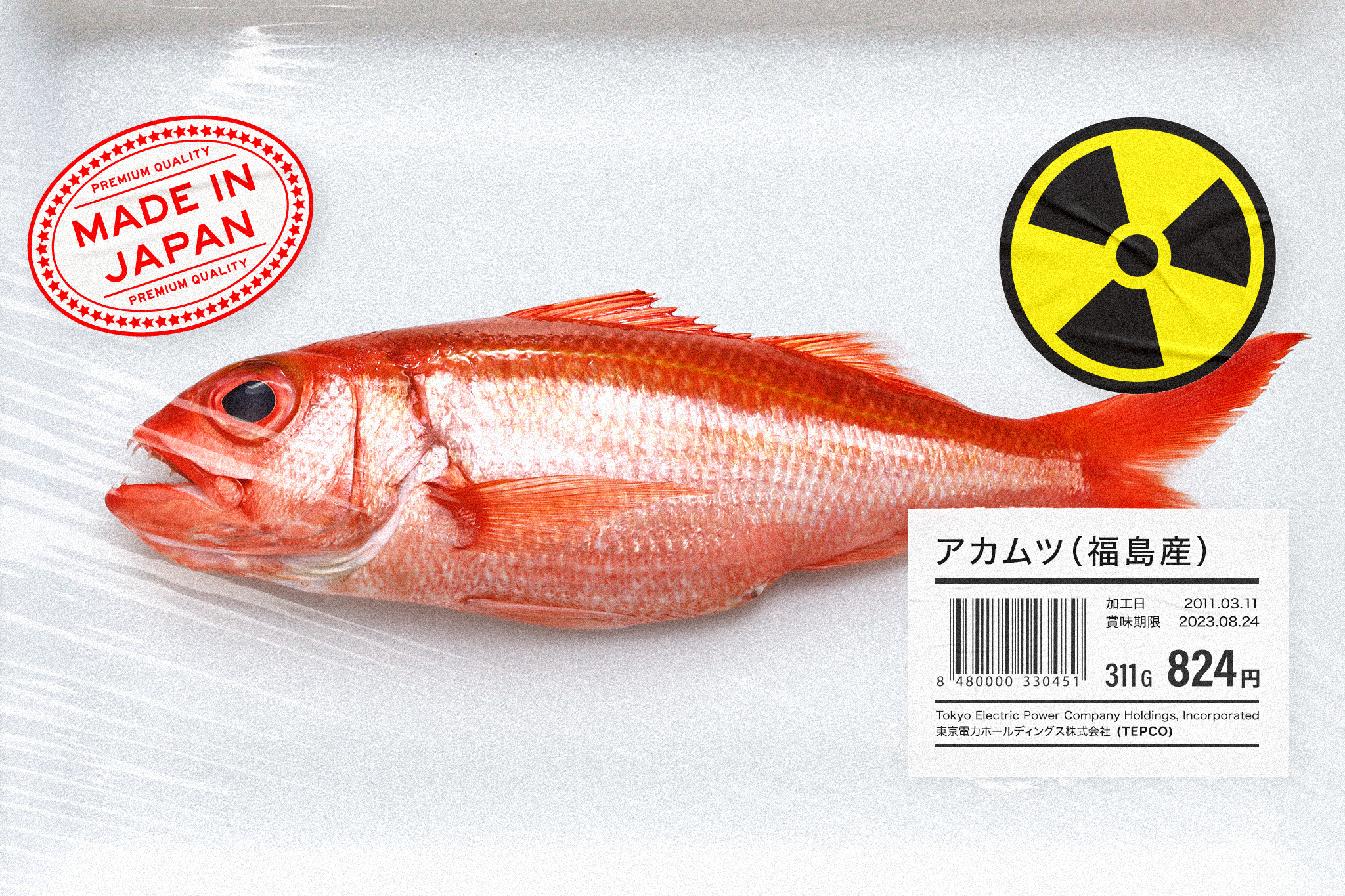
Japanese seafood has been banned in China
Japan Considering Filing a Complaint to WTO Over Seafood Ban
In an attempt to dispel safety myths, Prime Minister Fumio Kishida, alongside three Cabinet members, ate Fukushima fish sashimi at a meeting on Wednesday. The war of words between ministers from the two nations, however, shows no sign of abating. Last Thursday, China suspended imports of all seafood products from Japan. On Tuesday, Hayashi and Economic Security Minister Sanae Takaichi both hinted that Tokyo could file a complaint to the World Trade Organization (WTO) over the ban. The following day, Chinese Foreign Minister Wang Wenbin said that Beijing’s measure is “truly legitimate and necessary.”
Manya Koetse, a China social trend watcher and editor-in-chief at What’s on Weibo, believes the Chinese government’s condemnation of the Fukushima wastewater release is further amplified by the country’s powerful media. “They’re good at playing the social media game, with the same messages popping up on various channels,” she tells Tokyo Weekender (TW). “This has a significant influence on how businesses, celebrities and regular netizens then respond.” Earlier this week, Koetse tweeted about a Chinese vlogger who called the police after seeing a sign at a shop in Shinjuku that read, “For Chinese customers: all the food in our restaurant comes from Fukushima.” Though probably only a joke, Koetse believes that “small incidents like this can start a fire when tensions are running so high.”
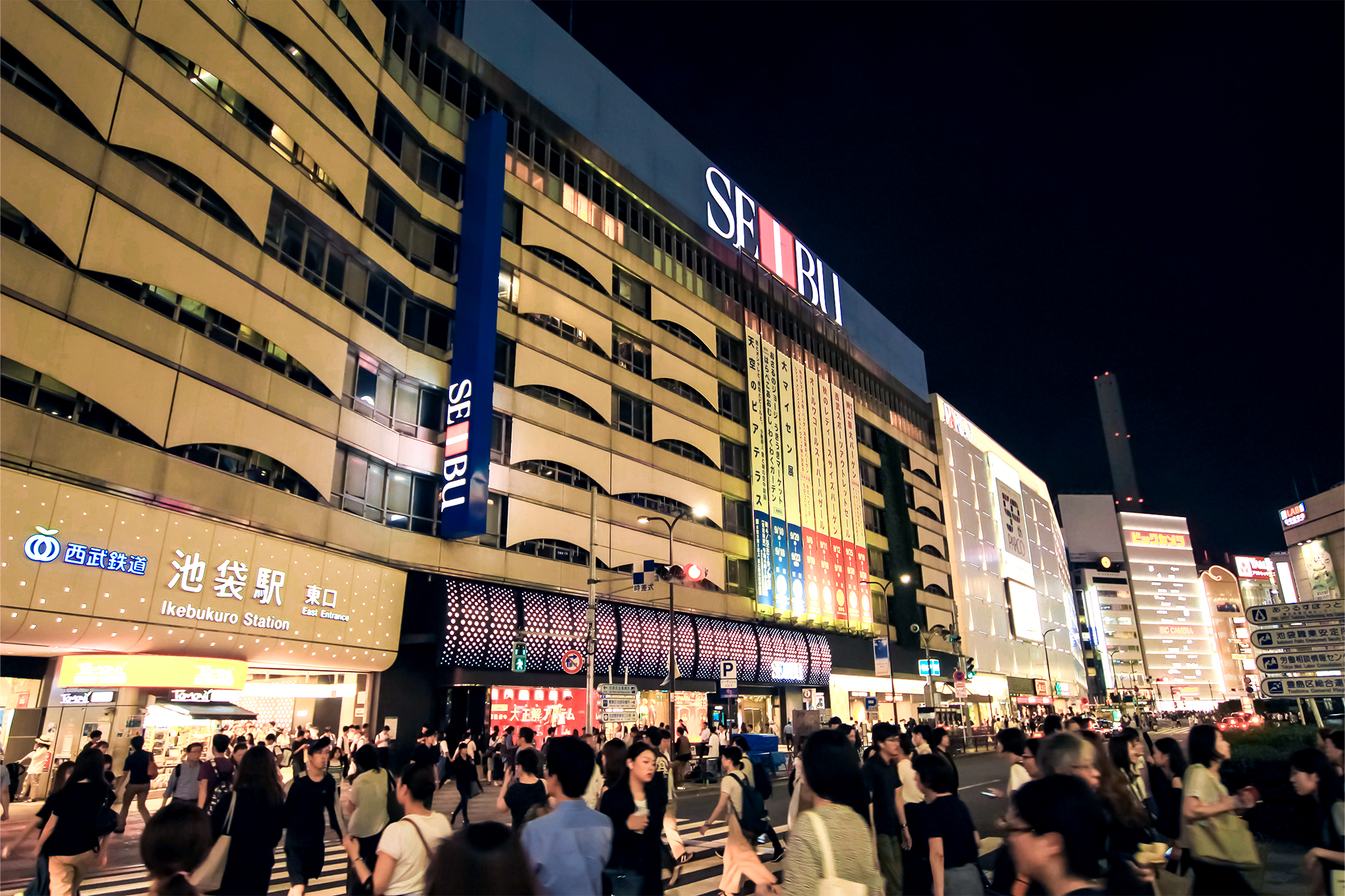
Sogo & Seibu Sale Triggers Strike at Flagship Store
For the first time in more than six decades, a major department store went on strike in Japan this week. Sogo & Seibu was forced to close its flagship store in Ikebukuro on Thursday as its labor union decided to take industrial action due to anger over the sale of the department store. Despite worker’s opposition to the buyout, parent company Seven & I Holdings Co. announced, following an extraordinary board meeting, that it would be proceeding with the sale of the store chain to U.S. investment fund Fortress Investment Group. It’s expected to sell for around ¥220 billion today.
Attempting to put the sale on hold, around 1,000 union members went on strike on Thursday. They are concerned about job losses once the transaction is completed. The fear is that Fortress will make its partner, the electric retailer Yodobashi Holdings, a major tenant of the Seibu Ikebukuro store as well as other Sogo & Seibu locations. That would subsequently reduce store space and inevitably force some current tenants out. According to Nikkei Asia, though, Seven & I Holdings plans to work with Fortress after the sale has been completed to protect the jobs of the roughly 5,000 employees.

Vincent Fichot hasn’t seen his children since 2018
Draft Proposes Introducing Joint Custody in Japan
On Tuesday, a government subcommittee presented a draft with proposals to revise Japan’s controversial system of single parent custody. According to the current Civil Code, only one parent retains legal parental responsibility for a child or children after divorce. The latest draft intends to amend this by providing divorced parents with the option of joint custody of their children on the basis of mutual consent. If they fail to agree on the terms of custody, a family court will step in to decide. Cases of domestic violence and abuse will be factored into the decision.
The Legislative Council started receiving comments from the public regarding child custody rights for divorced parents last December. At the time, it seemed like a step in the right direction for parents like Vincent Fichot. He hasn’t seen his children since 2018. The Frenchman, however, told TW last November that the proposals were unlikely to change anything. “Joint custody must be agreed to by both parents,” he said. “A parent abducting a child today isn’t going to suddenly select joint custody tomorrow. If they can’t agree, it’s left to the discretion of judges who’ve been allowing child abduction for more than 20 years.”
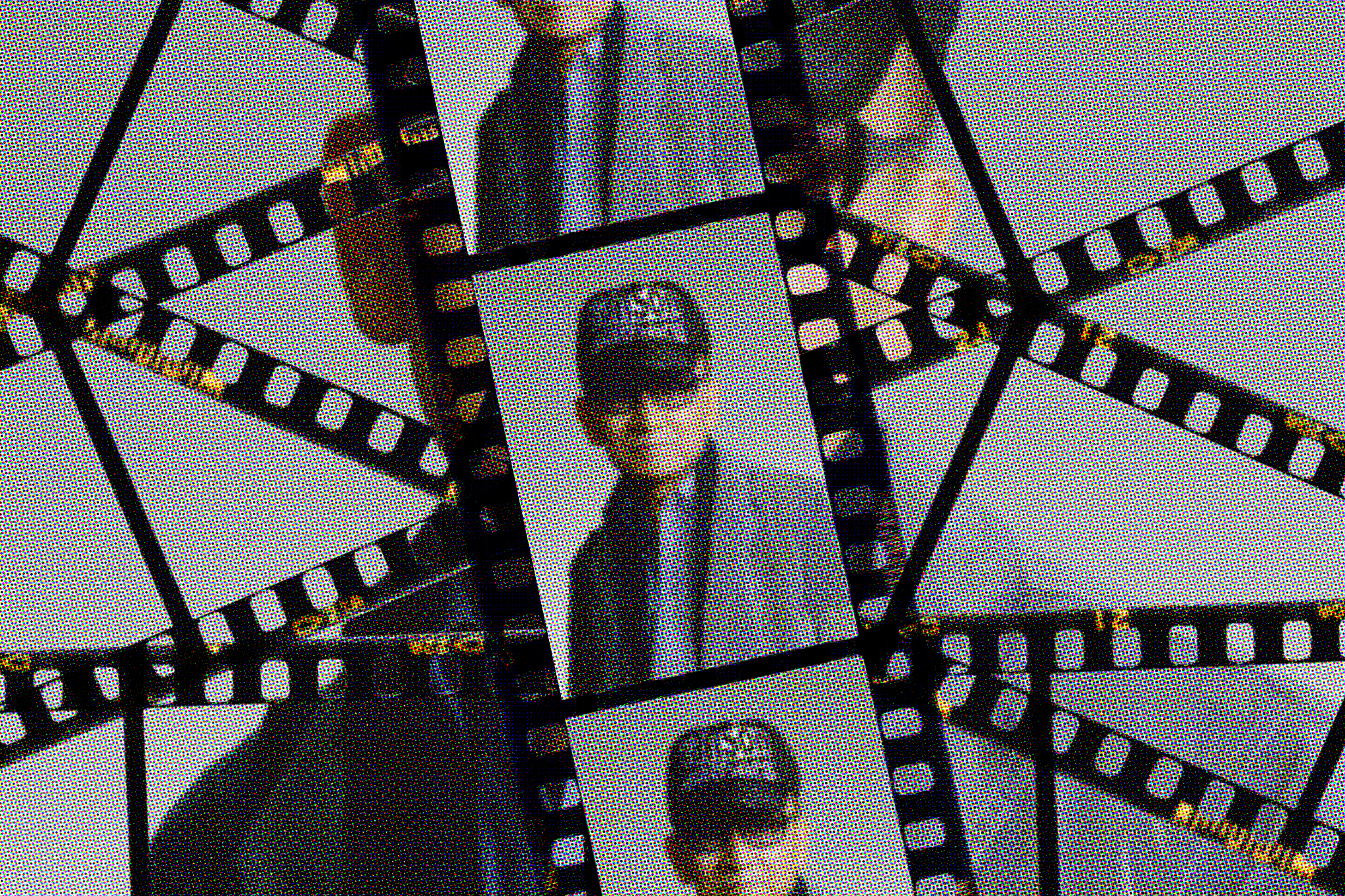
Johnny Kitagawa died in 2019
Investigative Panel Urges Johnny’s President to Resign
In a press conference in Tokyo on Tuesday, the findings of an external probe arranged by Japan’s top male agency Johnny & Associates Inc. were announced. According to the investigative team, Johnny Kitagawa, the company’s late founder, started abusing a “large number” of young men in the 1950s. This continued into the 1970s, when the agency was established, and lasted until the 2010s. The panel, which consisted of former prosecutor general Makoto Hayashi, psychology researcher Azusa Saito and psychiatrist Nozomu Asukai, produced a 67-page report after interviewing 23 former members of the organization.
They called on Johnny & Associates to establish a system to properly compensate those who had been abused. The panel also urged the organization’s leader, Julie Keiko Fujishima, to step down as familial ties would likely hamper any attempt to reform the agency. According to Hayashi, Fujishima’s late mother, Mary Yasuko Fujishima, sister of Kitagawa, concealed her brother’s abuse. Together, he said, they had “overwhelming power” and “fostered a governance that was not effective.” On Thursday, Johnny & Associates announced that it would hold a press conference to respond to the probe on September 7.
Japan Eliminated From Basketball World Cup, but Edge Closer to Paris 2024
Host nation Japan have been eliminated from the FIBA Basketball World Cup, but their participation in the tournament isn’t over yet. After losing the opener to Germany, they rallied from a 73-63 deficit heading into the fourth quarter to defeat Finland 98-88 in their second game at the Okinawa Arena. It was their first ever win against European opposition in the competition. The final group match against third ranked side Australia, though, proved a step too far as they lost 109-89. That defeat put them in the classification round, which helps to determine Olympic qualification. They’re in a great position following a comeback 86-77 win over Venezuela on Thursday. A victory over Cape Verde on Saturday will clinch a place at the Paris 2024 Summer Olympics.
At the World Athletics Championships in Budapest, Haruka Kitaguchi won the javelin competition to claim Japan’s first and only gold medal at the event. The 25-year-old Hokkaido Prefecture-native became only the third Japanese female athlete to top the podium at the championships after marathon runners, Junko Asari (1993) and Hiromi Suzuki (1997). Back in fourth going into the final round, she overtook surprise leader Flor Ruiz from Colombia with a throw of 66.37 meters. Japan’s other medal at the World Championships was a bronze from Masatora Kawano in the men’s 35-kilometer walk.

